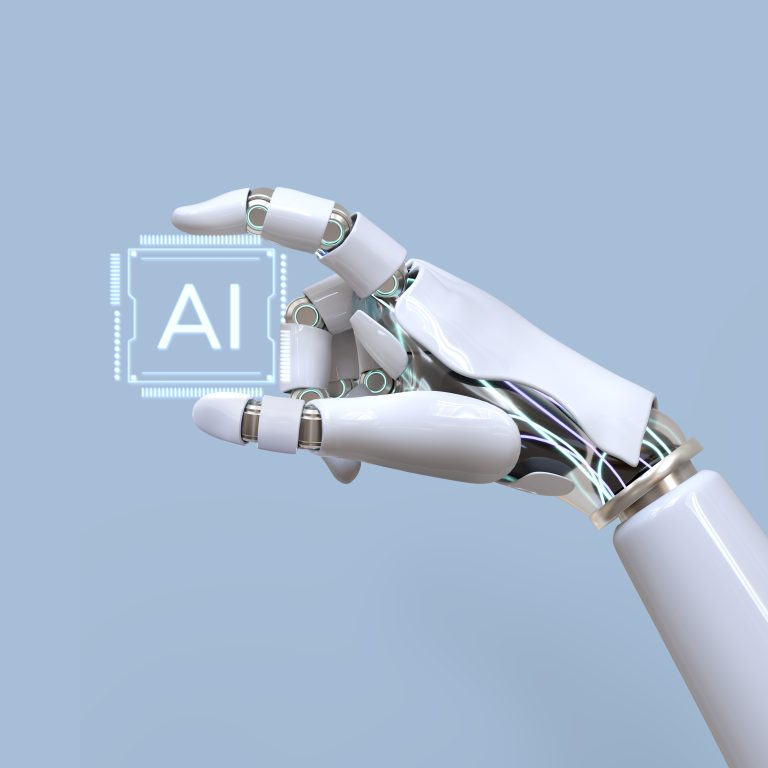How Artificial Intelligence is Shaping the Future of Tech
Artificial Intelligence (AI) has become the cornerstone of technological innovation, driving transformative changes across industries. As algorithms grow smarter and computational power continues to scale, AI is shaping the future of technology in unprecedented ways. Here’s how:
1. Revolutionizing Healthcare
AI is redefining healthcare with applications ranging from early disease detection to personalized treatment plans. Machine learning algorithms analyze vast datasets to identify patterns, enabling early diagnoses of conditions like cancer or cardiovascular diseases. AI-powered robotics are also assisting in complex surgeries, ensuring precision and reducing human error.
2. Transforming the Automotive Industry
Self-driving cars are no longer a distant dream, thanks to AI. Companies like Tesla, Waymo, and others leverage AI for navigation, object detection, and real-time decision-making. Beyond autonomous vehicles, AI optimizes traffic management systems, enhancing urban mobility and reducing congestion.
3. Enhancing Customer Experience
AI-driven chatbots and virtual assistants like ChatGPT, Siri, and Alexa are revolutionizing how businesses interact with customers. These tools provide instant, personalized support, ensuring 24/7 availability and reducing response times. Predictive analytics also allow companies to anticipate customer needs, tailoring products and services accordingly.
4. Boosting Productivity with Automation
Incorporating AI into workflows enhances efficiency by automating repetitive tasks. Tools like robotic process automation (RPA) streamline operations in industries ranging from finance to manufacturing. This allows human workers to focus on creative and strategic tasks, boosting overall productivity.
5. Driving Innovation in Education
AI is transforming education by enabling adaptive learning platforms that cater to individual student needs. These platforms assess student performance and provide personalized content, ensuring a more effective learning experience. AI also supports teachers by automating administrative tasks, such as grading and attendance tracking.
6. Redefining Cybersecurity
AI is a game-changer in cybersecurity. Advanced algorithms detect and mitigate threats in real time, safeguarding sensitive data. Predictive analytics anticipate vulnerabilities, enabling organizations to stay ahead of cybercriminals. This proactive approach significantly reduces the risk of data breaches and cyberattacks.
7. Revolutionizing Entertainment and Media
AI’s role in the entertainment industry is growing, from creating personalized content recommendations on platforms like Netflix and Spotify to generating realistic CGI in movies. AI tools also assist in content creation, enabling artists and writers to push creative boundaries.
8. Accelerating Scientific Research
AI is expediting scientific discoveries by analyzing complex datasets and identifying correlations that might take humans years to uncover. From drug discovery to climate modeling, AI helps researchers address some of the world’s most pressing challenges efficiently.
Challenges and Considerations
Despite its transformative potential, AI presents challenges. Ethical concerns, such as bias in algorithms, job displacement, and privacy issues, need careful attention. Ensuring transparency, accountability, and robust regulations is essential to harness AI’s potential responsibly.
Conclusion
Artificial Intelligence is not just a tool but a catalyst for innovation, fundamentally altering the landscape of technology. By automating processes, enhancing decision-making, and driving innovation, AI is paving the way for a smarter, more connected future. As we navigate this transformative era, the focus must remain on leveraging AI ethically and inclusively to maximize its benefits for humanity.





